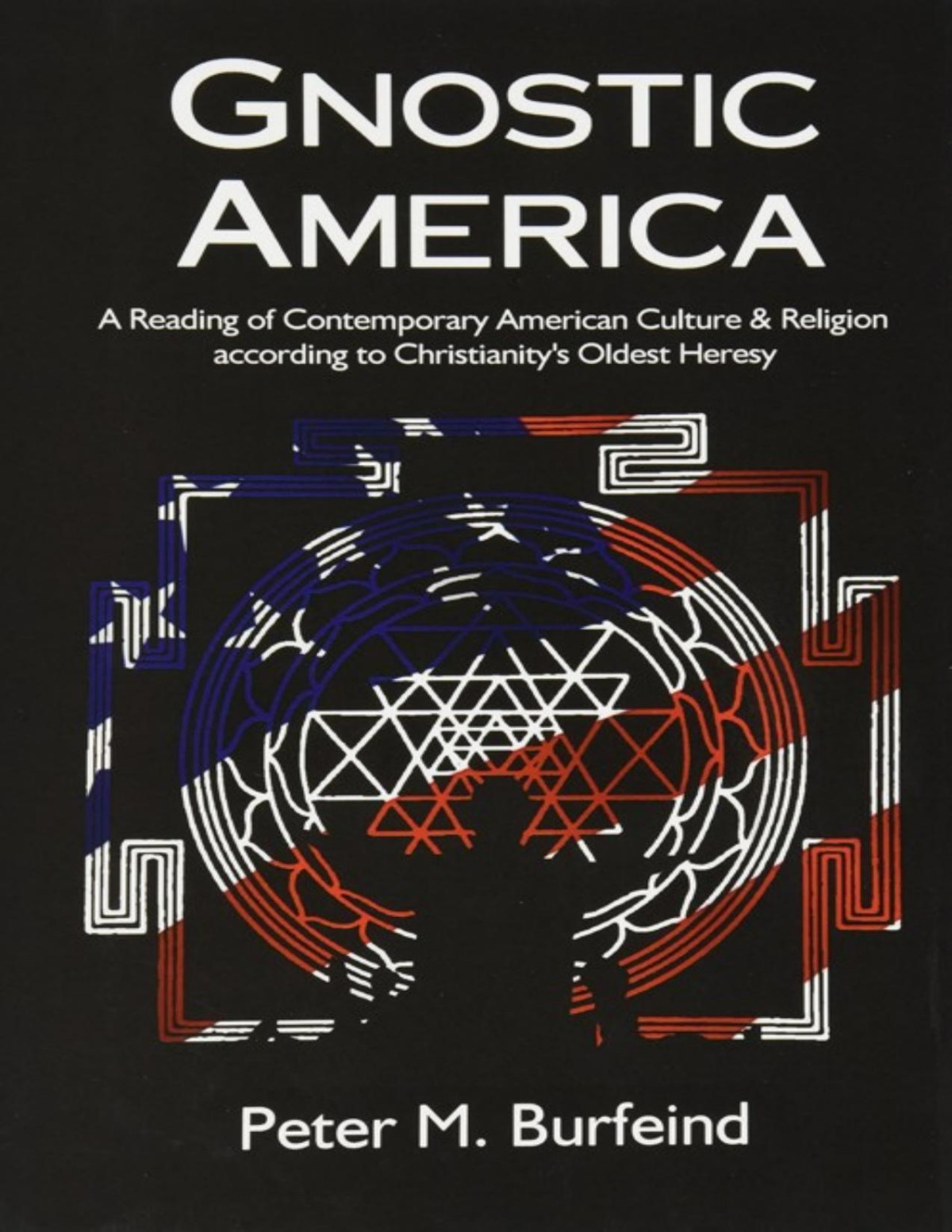

Most ebook files are in PDF format, so you can easily read them using various software such as Foxit Reader or directly on the Google Chrome browser.
Some ebook files are released by publishers in other formats such as .awz, .mobi, .epub, .fb2, etc. You may need to install specific software to read these formats on mobile/PC, such as Calibre.
Please read the tutorial at this link: https://ebookbell.com/faq
We offer FREE conversion to the popular formats you request; however, this may take some time. Therefore, right after payment, please email us, and we will try to provide the service as quickly as possible.
For some exceptional file formats or broken links (if any), please refrain from opening any disputes. Instead, email us first, and we will try to assist within a maximum of 6 hours.
EbookBell Team

4.8
34 reviewsGnostic America is a reading of current American culture, politics, and religious life according to the ancient movement known as Gnosticism. In it, Peter M Burfeind builds off the foundations of Hans Jonas, Denis de Rougement, Norman Cohn, William Voegelin, Carl Jung, and Harold Bloom, each of whom saw the effects of Gnosticism in contemporary American (and Western) life. He explores the spiritual mechanisms going on behind everything from transgenderism to so-called "contemporary worship," from the deconstructionist movement to the role pop music and media have in our culture, from progressive politics to the Emergent Church. Particularly challenging is Burfeind's claim that both progressivism and Neo-evangelicalism -- seemingly at odds in the "culture wars" -- actually share the same Gnostic roots. Burfeind's book is a tour de force through contemporary rock, pop, movies, television, politics, and religion showing how many of the values driving these cultural elements are informed by the ancient esoteric teachings of Gnosticism. Burfeind marshals a ton of surprising evidence to make his case, taking us through ancient and Medieval history, through the Enlightenment and Romantic periods, to today. Those willing to grapple with the philosophical and spiritual positions of the fathers of contemporary American life will be rewarded. Gnostic America is a must read for those who sense a new "spiritual but not religious" religion has arisen in America, but who can't put their finger on what exactly this religion is. Burfeind commits the sacrilege of defining a religion that claims to be "beyond" definition. More importantly, he poses the question, if the spiritual trends of contemporary culture are indeed a religion, what First Amendment safeguards remain for those who haven't "evolved" with the emerging new consciousness, but choose to remain stuck in supposedly retrograde paradigms of thought?
**